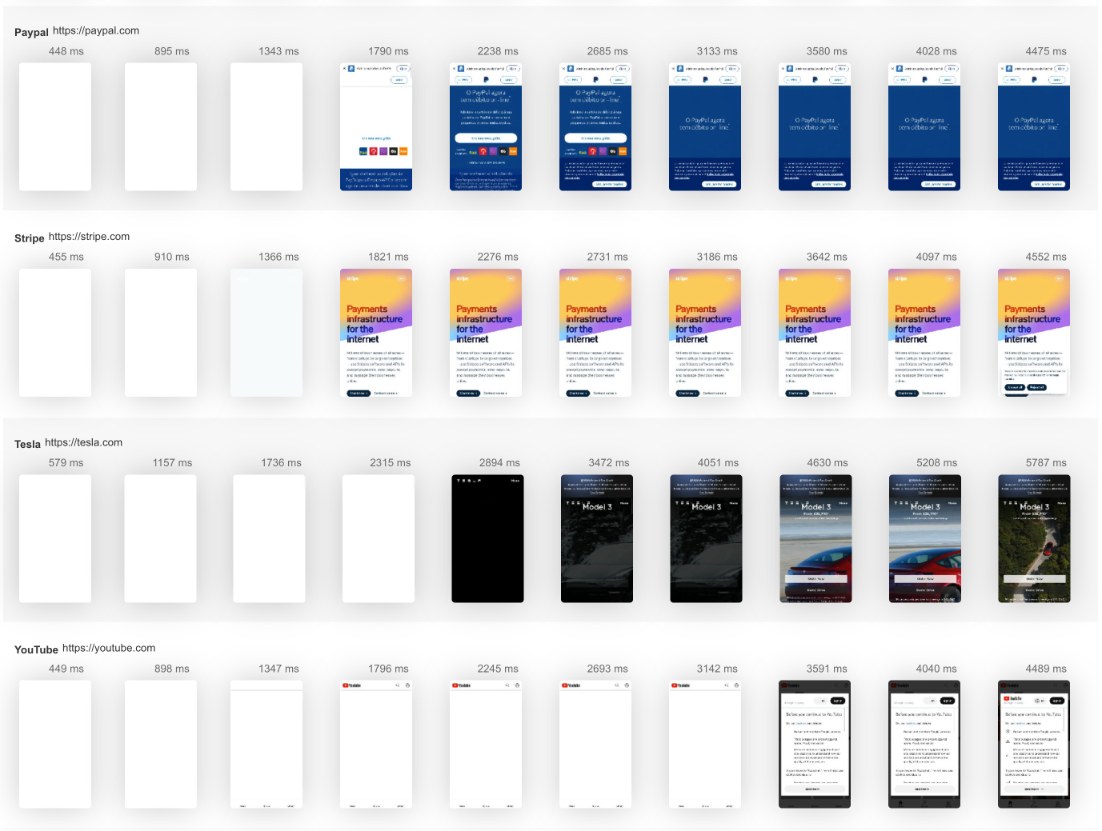Τι είναι το Μάρκετινγκ Παραπομπών; Πλήρης Οδηγός για Προγράμματα Παραπομπής Πελατών, Ανάπτυξη μέσω Στόματος & Συστήματα Πιστότητας
Master referral marketing with this comprehensive guide. Learn how to build effective customer referral programs, discover proven strategies for incentivizing word-of-mouth promotion, and understand how to leverage satisfied customers for sustainable business growth and acquisition.
What is Referral Marketing?
Referral Marketing is a growth strategy that encourages existing customers to recommend products or services to their friends, family, and network in exchange for rewards or incentives. This approach leverages the trust and relationships that customers have built with their personal networks to generate new business through authentic word-of-mouth recommendations. Referral marketing transforms satisfied customers into active brand advocates, creating a sustainable acquisition channel that typically yields higher-quality leads and better customer lifetime value.
Effective referral marketing programs create mutually beneficial relationships where both the referrer and the new customer receive value, encouraging ongoing participation and building stronger brand loyalty.
Why Referral Marketing is Essential for Sustainable Growth
- Trust-Based Acquisition: Personal recommendations carry significantly more weight than advertising
- Higher Conversion Rates: Referred customers convert 3-5x higher than other acquisition channels
- Lower Acquisition Costs: Referral programs often cost less than paid advertising with better results
- Increased Customer Lifetime Value: Referred customers typically have higher retention and spending rates
- Exponential Growth Potential: Successful referrers can generate multiple new customers over time
Key Benefits of Referral Marketing for Business Growth
Quality Lead Generation
Referral marketing attracts pre-qualified prospects who already have context about your business through trusted recommendations, resulting in higher-quality leads and faster sales cycles.
Enhanced Brand Credibility
Word-of-mouth recommendations from satisfied customers provide social proof that builds brand credibility more effectively than traditional marketing messages.
Customer Community Building
Referral programs create deeper connections with existing customers while building communities of brand advocates who actively promote your business.
Proven Referral Marketing Use Cases and Success Stories
- SaaS Referral Programs: Dropbox's referral program generated 3900% growth by offering free storage to both parties
- E-commerce Referrals: Fashion brands offer discount codes for successful referrals and purchases
- Service-Based Referrals: Consultants provide service credits or cash rewards for client referrals
- Subscription Referrals: Streaming services offer free months for successful subscriber referrals
- App Referral Systems: Ride-sharing apps provide ride credits for successful app downloads and rides
When Should You Launch Referral Programs? Optimal Implementation Timing
Implement referral programs after achieving product-market fit and establishing a base of satisfied customers who would naturally recommend your business. Ensure you have positive customer feedback and strong retention rates before incentivizing referrals.
Launch referral programs when you have the infrastructure to track referrals accurately and fulfill rewards promptly to maintain program credibility and participant satisfaction.
How to Build Effective Referral Programs: Step-by-Step Guide
Step 1: Design Referral Program Structure
- Define clear referral criteria and qualifying actions for reward eligibility
- Choose reward types that appeal to your customer base and align with business goals
- Establish reward values that motivate participation while maintaining profitability
- Create simple referral processes that minimize friction for participants
- Develop tracking systems to monitor referrals and attribute rewards accurately
Step 2: Select Compelling Referral Incentives
- Research customer preferences for reward types (discounts, cash, credits, products)
- Test different reward structures including single-sided and double-sided incentives
- Consider tiered rewards for customers who generate multiple successful referrals
- Balance reward value with customer acquisition cost and lifetime value metrics
- Plan special incentives for top referrers to encourage continued participation
Step 3: Build Referral Program Infrastructure
- Implement referral tracking technology to monitor program performance accurately
- Create unique referral codes or links for each participant
- Develop automated systems for reward distribution and communication
- Design user-friendly dashboards for participants to track their referral activity
- Establish customer support processes for referral program questions and issues
Step 4: Launch and Optimize Referral Campaigns
- Promote referral programs through email, in-app notifications, and customer communications
- Train customer service teams to mention referral opportunities during interactions
- Monitor program performance metrics and participant feedback regularly
- A/B test different promotional messages and reward structures
- Continuously optimize program mechanics based on data and customer behavior
Referral Marketing Best Practices for Maximum Success
- Simplicity Focus: Make referral processes easy to understand and complete
- Timely Rewards: Process and deliver rewards quickly to maintain program credibility
- Clear Communication: Provide transparent terms and regular program updates
- Customer Satisfaction First: Ensure product quality before launching referral programs
- Performance Monitoring: Track ROI and adjust program mechanics based on results
Referral Marketing FAQ: Common Questions Answered
What types of rewards work best for referral programs?
Rewards aligned with your product or service typically perform best. Cash rewards, account credits, discounts, and free products all work well depending on your business model and customer preferences.
How do you prevent referral fraud and gaming?
Implement verification systems, monitor for suspicious patterns, require actual purchases or engagement from referred customers, and set reasonable limits on referral frequency and rewards.
What's the ideal referral reward value for maximum participation?
Effective rewards typically range from 10-25% of customer acquisition cost or average order value. Test different values to find the optimal balance between motivation and profitability.
How long should referral programs run for optimal results?
Most successful referral programs run continuously rather than as limited-time campaigns, allowing customers to refer when opportunities arise naturally in their networks.
Can B2B companies create effective referral programs?
Yes, B2B referral programs often focus on service credits, cash rewards, or partnership benefits. Professional networks provide excellent referral opportunities for B2B businesses.
Το PostNext είναι το όλα-σε-ένα κοινωνικό κέντρο σας για να προγραμματίσετε, να δημοσιεύσετε και να αναλύσετε περιεχόμενο στο Instagram, TikTok, X, LinkedIn, Facebook, Pinterest και περισσότερα - χωρίς το χάος των καρτελών.Ξεκινήστε δωρεάν δοκιμή 7 ημερών→
